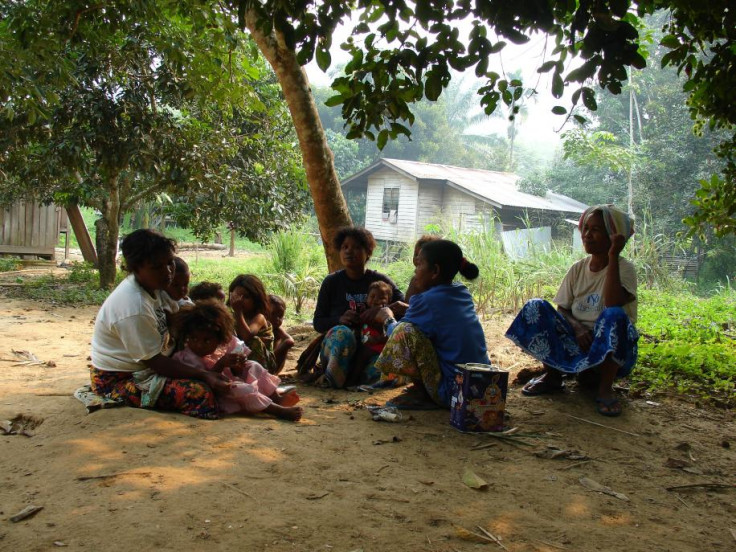Jedek: The previously unknown language discovered by researchers in south east Asia
Just 280 people speak rare language in small corner of Malay peninsula.
Linguists working in the Malay peninsula have discovered a previously undocumented language, which has been named Jedek.
Researchers from the University of Lund, Sweden, said the language was part of the Aslian family of Austroasiatic, which includes Vietnamese and Cambodian. It is spoken by just 280 people who are part of a settled hunter-gatherer group living in the north of the peninsula.
"Jedek is not a language spoken by an unknown tribe in the jungle, as you would perhaps imagine, but in a village previously studied by anthropologists," said Niclas Burenhult, associate professor of general linguistics at Lund. "As linguists, we had a different set of questions and found something that the anthropologists missed."
The team came across Jedek while documenting speakers of another Aslian language known as Jahai.
Over time, they noticed that many people in the village where the hunter-gatherer group lived were using words, phonemes and grammatical structures that are not used in Jahai, despite the fact that their language appeared similar. This led them to conclude that the villagers were speaking a different, albeit related, language.
Intriguingly, the way of life of the Jedek-speaking people is reflected in their vocabulary. Their community is more gender-equal than Western societies, there is almost no interpersonal violence, children are actively encouraged not to compete and there are no laws or courts. In addition, there are no set professions, so to speak, with everyone in the group learning all the skills needed to sustain the community as a whole.

As a result of this way of life, Jedek has no indigenous words for occupations and courts of law, for example, and no verbs to describe ownership – such as borrow, buy, steal or sell. On the other hand, there is a rich vocabulary of words to describe exchanging and sharing.
"There are so many ways to be human, but all too often our own modern and mainly urban societies are used as the yardstick for what is universally human", Burenhult said.
"We have so much to learn, not least about ourselves, from the largely undocumented and endangered linguistic and cultural riches that are out there."
Around the world, it is thought that around 6,000 languages are spoken, with 80% of people speaking one of the major world languages. Researchers estimate that around half the world's languages will be extinct in 100 years.
"Documentation of endangered minority languages such as Jedek is important as it provides new insights into human cognition and culture", added Joanne Yager, a doctoral student at Lund.
Their research has been published in the journal Linguistic Typology.





















